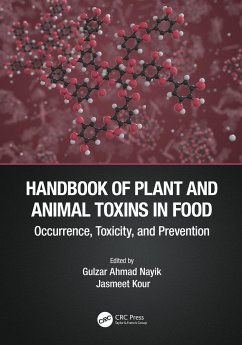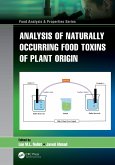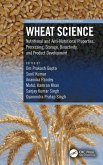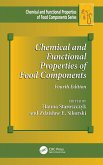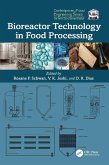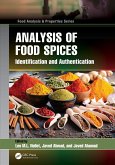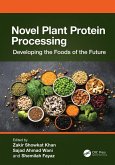The prevalence of naturally occurring toxins in plant and animal foods represents one of the most significant food safety issues, drawing the attention of both scientists and regulators alike. This unexplored area related to food quality is indeed a big concern for consumers, various regulatory authorities, and food industries. Apart from essential nutrients, several food crops are capable of producing a vast array of nonnutritious secondary metabolic products. These toxins produced as secondary metabolites have the potential to exhibit both beneficial and deleterious effects in both human beings and animals. Nevertheless, there has been huge progress in agricultural practices and food processing technologies, but still the number of nonnutritive substances and naturally derived toxins persist in our diet.
Handbook of Plant and Animal Toxins in Food: Occurrence, Toxicity, and Prevention, focuses on various selected toxins in foods derived from plants as well as animals. The prominent plant toxins include solanine and chaconine, mushroom toxins, phytates, tannins, oxalates, goitrogens, gossypol, phytohemagglutinins, erucic acid, saponins, cyanogenic glycosides, enzyme inhibitors, BOAA (lathyrogens), toxic amino acids and toxic fatty acids. The prominent animal toxins covered in the book include various seafood toxins, shellfish toxins and biogenic amines.
Key Features:
Presents complete information about a plethora of toxins
Provides quick and easy access to data on major plant and animal toxins
Covers distribution of toxins in the plant and animal kingdom
Provides comprehensive information on chemistry, safety and precautions of each toxin
Commencing with a brief introduction of food toxins, this book is designed in such a way that the readers will be introduced to toxicity, safety and occurrence of each toxin selected. It also discussesthe in-depth detailed information on food poisoning and its prevention. The book will also shed light on foodborne illness associated with toxins. The primary audience for this work will be food scientists, food toxicologists, university scholars and college students. Furthermore, the book will be of immense help for public health officials, pharmacologists, and food safety officers who are involved with enforcing regulations meant to ensure the safety of a particular food
Handbook of Plant and Animal Toxins in Food: Occurrence, Toxicity, and Prevention, focuses on various selected toxins in foods derived from plants as well as animals. The prominent plant toxins include solanine and chaconine, mushroom toxins, phytates, tannins, oxalates, goitrogens, gossypol, phytohemagglutinins, erucic acid, saponins, cyanogenic glycosides, enzyme inhibitors, BOAA (lathyrogens), toxic amino acids and toxic fatty acids. The prominent animal toxins covered in the book include various seafood toxins, shellfish toxins and biogenic amines.
Key Features:
Presents complete information about a plethora of toxins
Provides quick and easy access to data on major plant and animal toxins
Covers distribution of toxins in the plant and animal kingdom
Provides comprehensive information on chemistry, safety and precautions of each toxin
Commencing with a brief introduction of food toxins, this book is designed in such a way that the readers will be introduced to toxicity, safety and occurrence of each toxin selected. It also discussesthe in-depth detailed information on food poisoning and its prevention. The book will also shed light on foodborne illness associated with toxins. The primary audience for this work will be food scientists, food toxicologists, university scholars and college students. Furthermore, the book will be of immense help for public health officials, pharmacologists, and food safety officers who are involved with enforcing regulations meant to ensure the safety of a particular food

